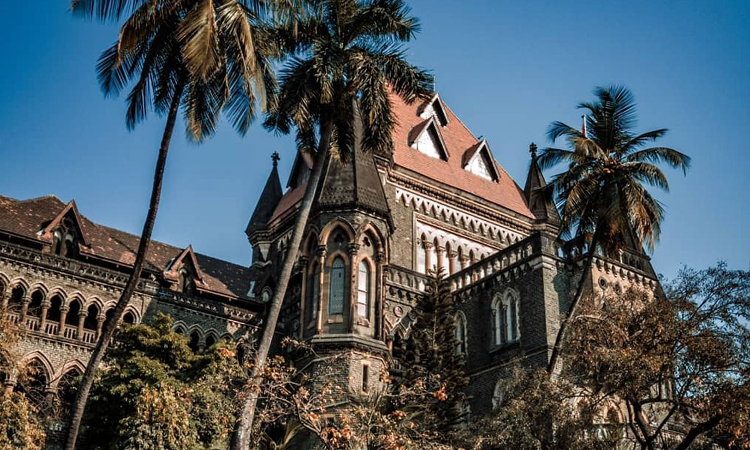The Bombay High Court on Friday asked the National Board – constituted under the 2021 new Assisted Reproductive Technology Act (ART) and Surrogacy Act to decide a couple's plea to import their cryo-preserved embryo to India, stored in a laboratory in the United States since 2016. A division bench of Justices SV Gangapurwala and SM Modak asked the couple in their 40s to appear...

